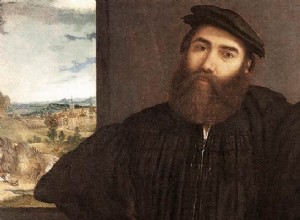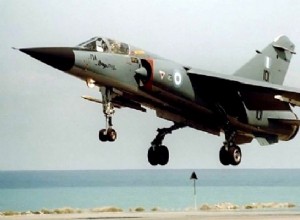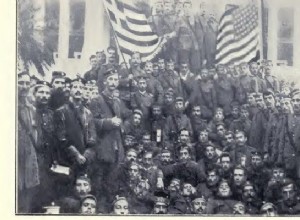Mercurios Boas was the son of Theodoros Boas, an official at the court of the Despots of Mystras. He came from a great Byzantine military family from Angelokastro. His year of birth is not known. Mercury Boas is indeed a special case. You are rightly considered the leader of the famous Soldiers.




